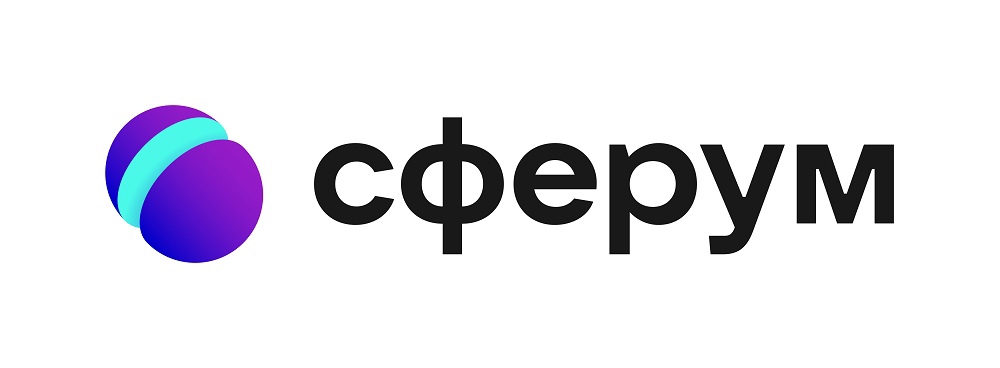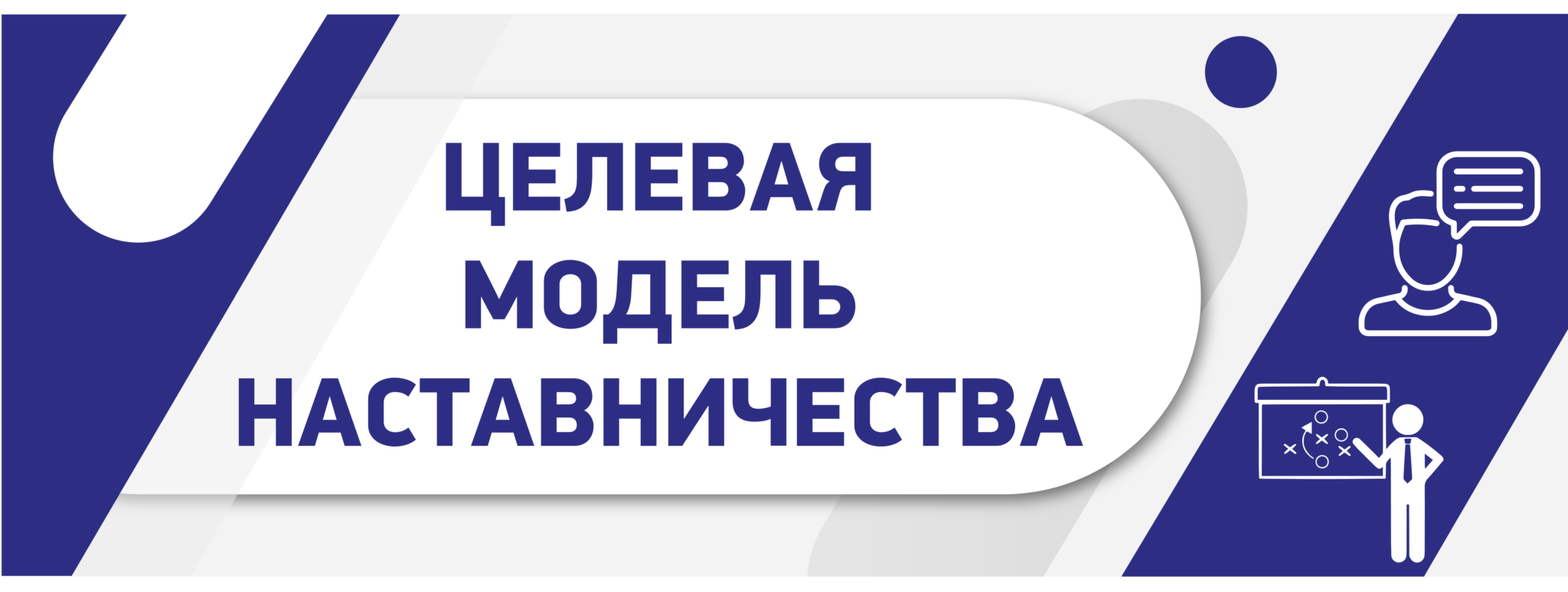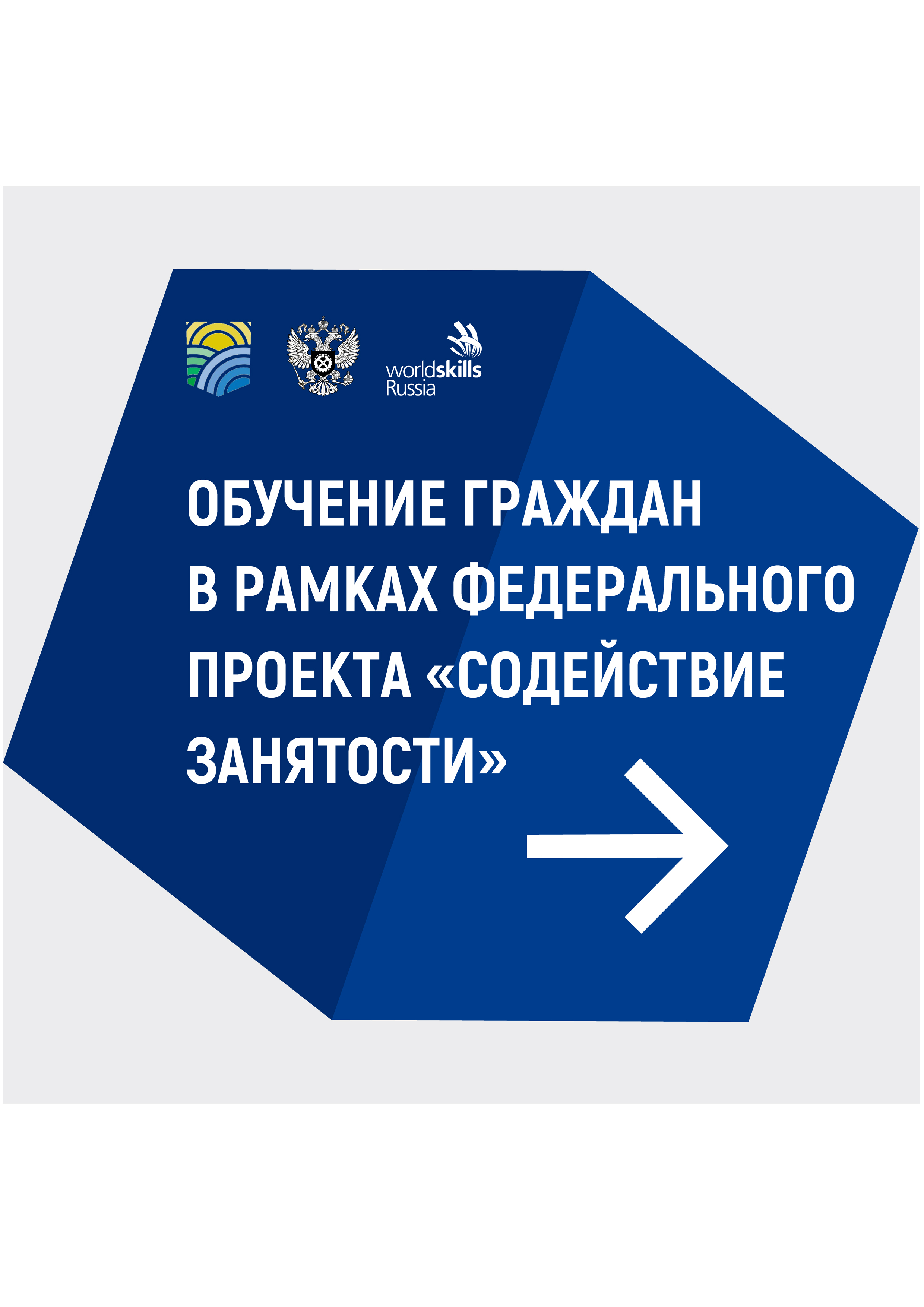What Personal Injury Attorneys Do
You are entitled to compensation if you have been injured due to someone else’s negligence. Personal injury lawyers assist victims of accidents to obtain the compensation they need to pay medical bills, lost wages and other costs.
Be sure that you’re able to handle similar cases to yours when selecting an attorney for personal injury. Also, inquire if they’re licensed by the bar association to practice in your state.
Damages
After an injury damage is the amount of compensation an attorney for personal injury will pay to their client. These damages can include money for medical bills, lost wages, and property damage caused by the accident.
Economic damages can be easily calculated if you can provide proof of your financial losses or expenses that relates to your injuries. Your personal injury lawyer can search for medical reports as well as diagnostic reports, prescription and treatment receipts, and other documents to prove your expenses were incurred due to the accident.
The amount of time you’ve been absent from work as a result of your injury determines the loss in income or damages. This includes all wages you earned before the accident and the wages you would have earned over that period if you hadn’t been harmed.
Damages can be used to determine the cost of any future medical care rehabilitation, therapy, and rehabilitation in addition to any other treatment you may require due to your injuries. This type of damage can be difficult to calculate, so it is crucial to keep records and documents to track all expenses associated with your accident.
Non-economic damage refers to intangible losses that may result from personal injuries, like suffering and pain, or emotional distress. These losses can include depression, anxiety and the inability to concentrate or sleep.
Due to the nature of the injuries, these damages can vary from one case to another. The best method to determine your compensation is to talk to an attorney for personal injuries for a free consultation. Marya Fuller, an experienced injury lawyer, is dedicated to obtaining the maximum amount of compensation for her clients suffering from injuries. Contact us today to schedule your complimentary consultation.
Complaint
A complaint is the initial document filed by a plaintiff in a court under personal injury law. It lets the court know that you’ve started a legal action against the party who injured you (defendant), and lays out the facts and legal arguments for your case.
Depending on the nature of your claim, the complaint could include many different elements. A toxic tort case might include multiple counts of negligence, nuisance or violation of local consumer protection laws.
Your lawyer will ensure that your complaint is complete with all the details needed to aid you in winning your case. It will include a case caption, and a outline of the information likely to be relevant to your case.
It is also essential to define the kind of damage you want to prove. You might need to show that you were incapable of working or that you have suffered medical expenses as a result of the accident.
It’s essential to remember that some states have limits on how much you can claim in damages, which is why it’s essential to consult your attorney before drafting your complaint and determine the value of your claim.
After you have filed your complaint and it has been served on the defendant via an official process called service. This is accomplished by obtaining a summons or an official notice from the court stating that you are suing the other party and that they have 30 days to respond to your complaint.
Your lawyer may also initiate a discovery process to gather evidence for your case. This could involve sending out interrogatories or taking depositions of witnesses and experts.
Discovery
Discovery is a procedure personal injury attorneys use to gather evidence. The aim of discovery is to make an evidence-based case for the plaintiff and show that the plaintiff is entitled to compensation.
In many cases, a settlement will be reached between the parties before trial. This can help lower the case’s cost. It gives the parties a better idea about how their case might play out at trial.
The discovery process can be lengthy and may not be possible for all cases. A knowledgeable lawyer can guide you through this process.
The most popular forms of discovery include interrogatories, depositions, requests for admission, and document production. All of these tools can be extremely useful in your personal injury case.
A deposition is when lawyers ask the plaintiff questions under oath. The questions typically focus on the plaintiff’s injuries and how they affect his or her daily life.
Requests for admission are similar to depositions but ask the other party to admit under oath to certain facts or documents. These requests could save time at trial and can be used to challenge the defendant’s story in the event that it alters after the deposition.
Document production is a technique for discovery that allows the plaintiff to obtain copies all documents related to her case. These documents could include medical records, police reports or any other documentation that could be used to prove her claim.
Discovery takes up a lot of time in most personal injury cases and can be a bit confusing to handle. It is essential to speak with an experienced personal injury lawyer on the best way to go about this procedure.
Litigation
Litigation is a legal procedure that involves filing documents with a court in order to have a dispute resolved. It is a formal procedure which can take several months to be completed, but it is usually worth the effort to obtain an appropriate ruling after a case has been brought before an adjudicator.
Personal injury lawyers use litigation to help their clients obtain financial compensation for injuries resulting from accidents. This may include money to cover future and past medical bills, property damage as well as other costs associated with an accident.
Personal injury lawyers usually investigate the cases of their clients and contact insurance companies to file a lawsuit. They contact their clients regularly and keep them updated on any important developments.
A lawsuit begins with an accusation, which is an official document that outlines how the defendant violated the plaintiff’s rights. It also sets out how much the plaintiff is seeking in damages.
After a complaint is filed the defendant will usually have a certain amount of time to respond to the complaint. If the defendant fails to respond, the case will be referred to trial before an adjudicator.
The trial will include evidence and arguments which will be presented to a judge and juror. The jury will decide whether the defendant caused injury to the plaintiff.
If the jury decides that the defendant has harmed the plaintiff, then he or she will be awarded damages. These damages can take the form of a cash award or an order to the defendant to pay a particular sum of money. The amount awarded is determined on a variety of factors which include the degree of pain and suffering suffered by the victim.
Settlement
In personal injury lawsuits settlement is a possibility that the majority of victims opt for because it allows them to settle their case without having to go through a trial. This is due to the fact that many people prefer to avoid the attention and the scrutiny that a trial could result in. In fact, a significant portion of civil cases settle instead of going to trial.
There are a myriad of factors that influence the amount a plaintiff may receive in a personal injuries settlement. A personal injury attorney can help clients determine the amount they are entitled to by collecting evidence and proving a convincing case.
A personal injury lawyer can help determine the extent of a person’s losses by gathering information about medical bills, missed work and other expenses. The attorney can also gather witness testimony as well as other documents related to the accident.
After a settlement has been reached after which the insurance company will make a payment to the plaintiff. The payment can be either an immediate lump sum payment which is made directly to the plaintiff or a structured settlement that is spread over a certain time.
It is crucial to keep in mind that the money received from a settlement can be subject to income tax. This is especially the case for those who are receiving a structured settlement because the settlement funds will be repaid to the plaintiff in installments.
Personal injury lawyers can help you receive an settlement as soon as possible following your accident. They can also send a demand note to the insurance company. This will allow you to start negotiations on your terms. They can also prepare an agreement package that includes the demand letter and documents that demonstrate the reason you deserve what you are requesting.























